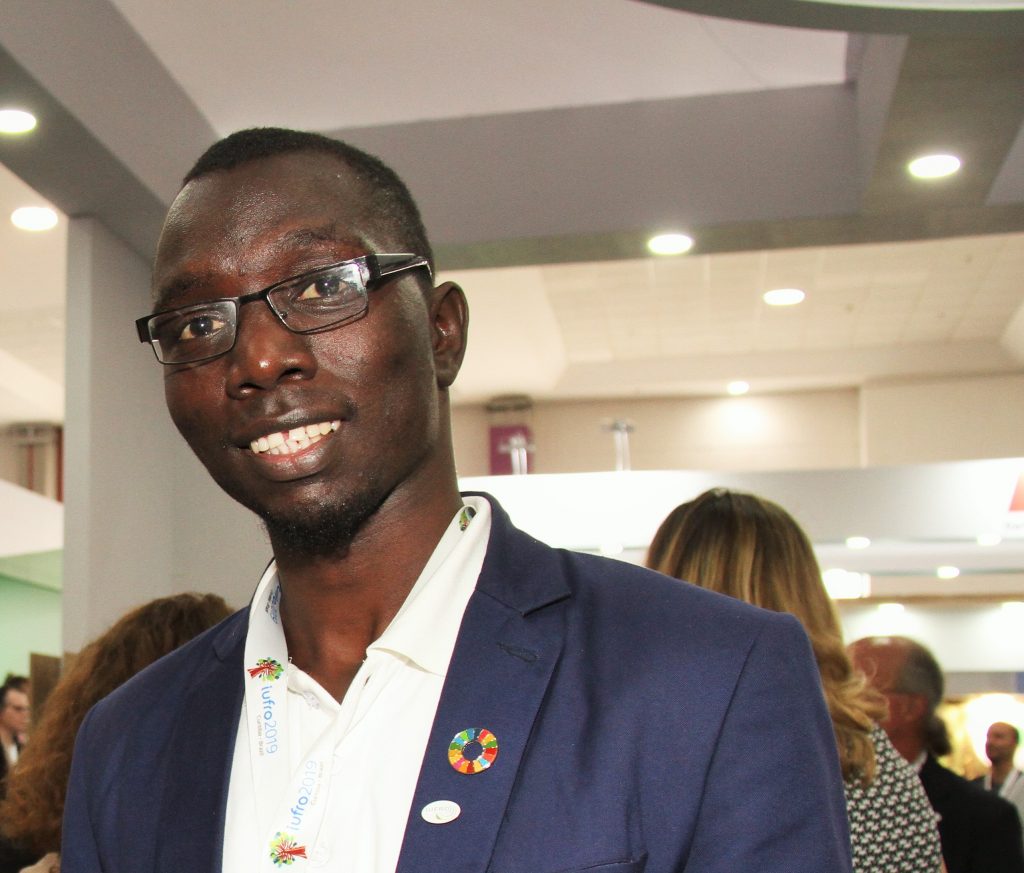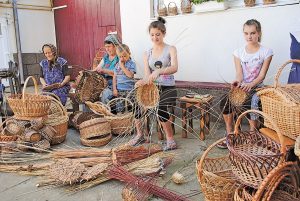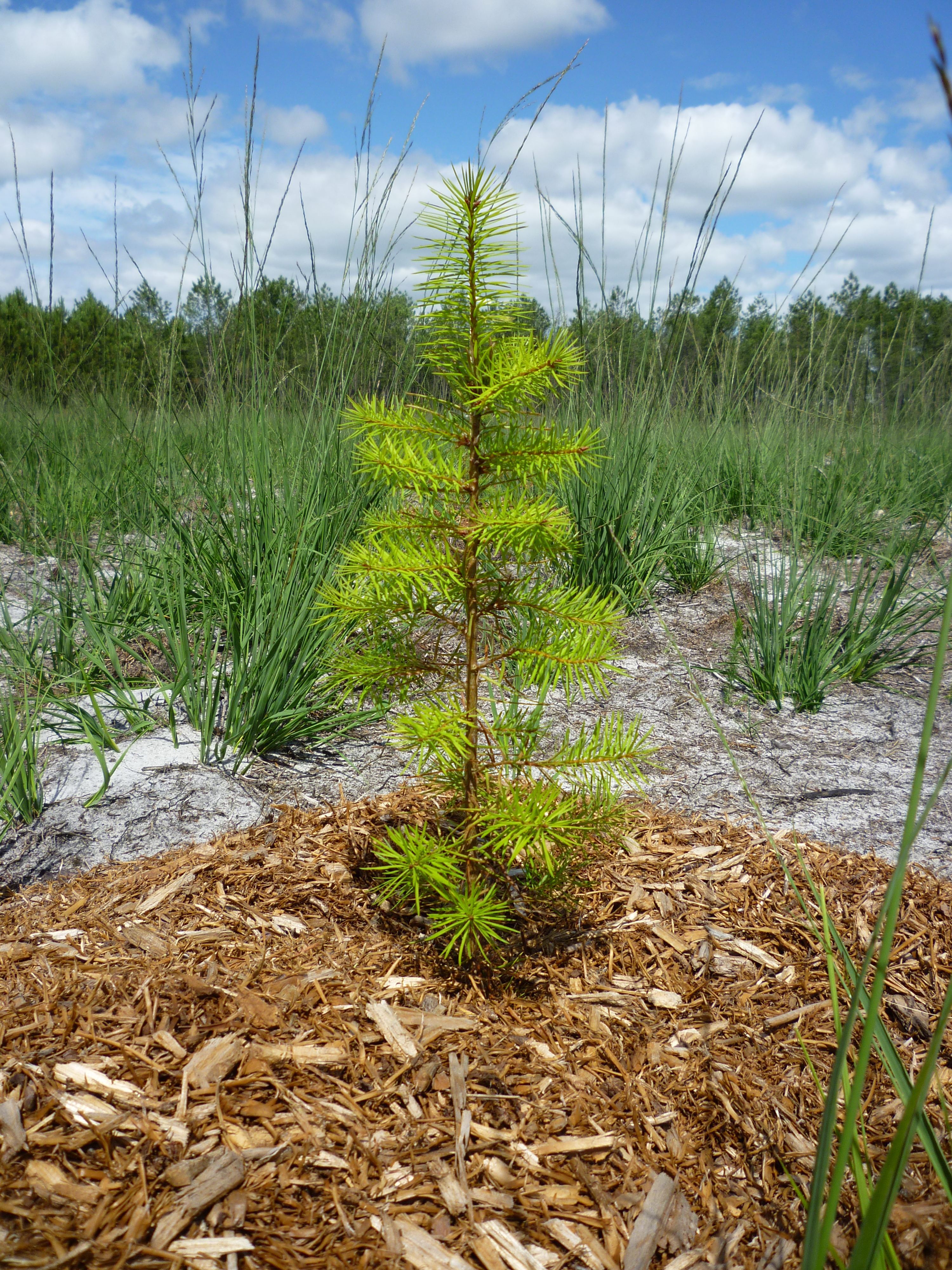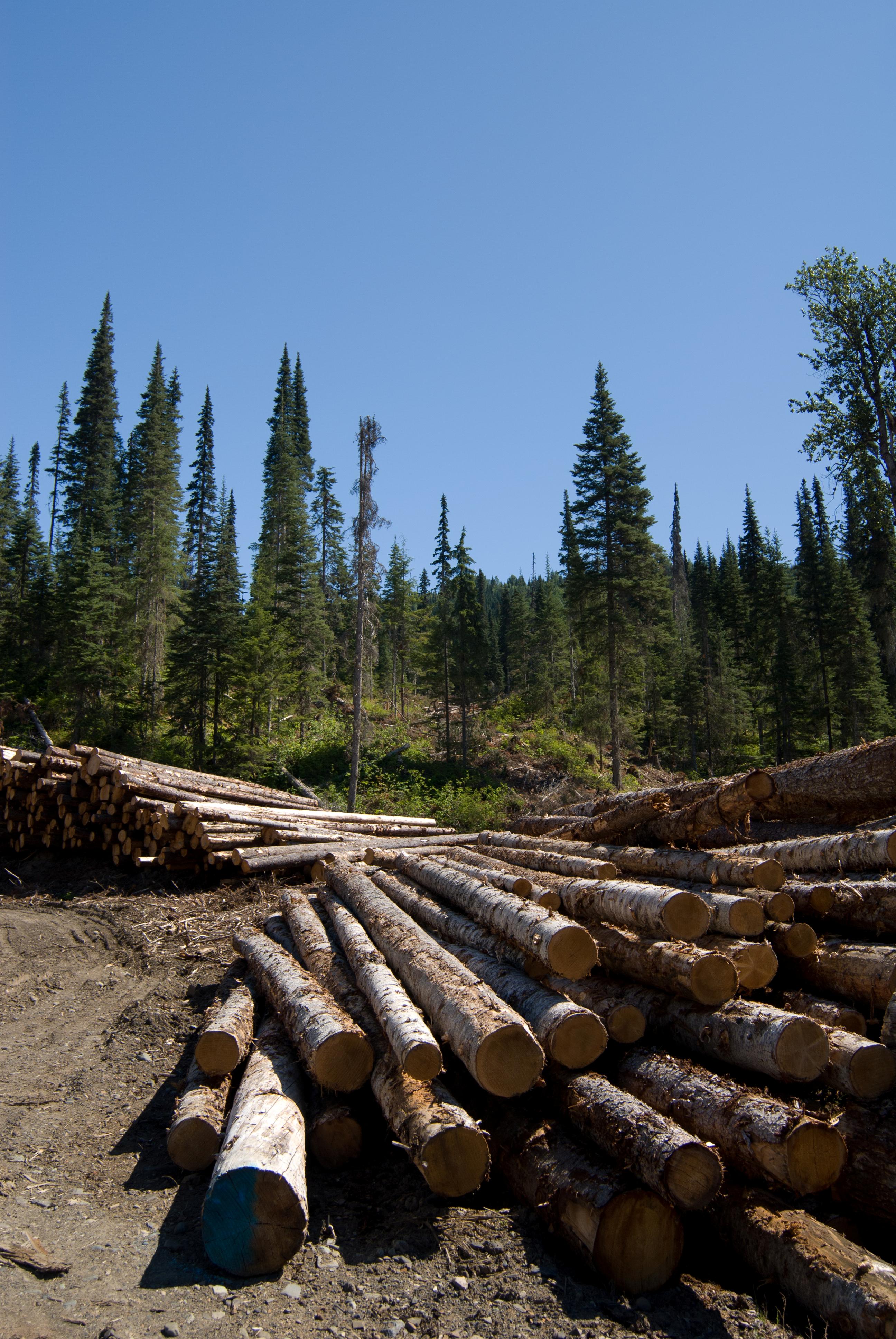Spotlight #80 – Becoming visible – non-timber forest products and a sustainable economy
Spotlight #80 – Becoming visible – non-timber forest products and a sustainable economy

One positive and largely overlooked outcome of the current coronavirus could be a stronger bioeconomy.
“I think the pandemic is going to spur the bioeconomy,” said Dr. James Chamberlain of the United States Forest Service, Southern Research Station in Blacksburg, Virginia, and Coordinator of IUFRO’s Unlocking the Bioeconomy and Non-Timber Forest Products Task Force.
Read more…Studying Forestry to be Part of a Solution to a Problem
Interview with IFSA President Amos Amanubo

Amos is a 25 year old Ugandan and a recent graduate from Makerere University, Kampala, holding a Bachelor’s Degree in Conservation Forestry and Production Technology. He has been the President of the International Forestry Students’ Association (IFSA) since August 2019. His favorite pastimes are cycling through natural landscapes and meeting friends.
IUFRO 125th Anniversary Congress Spotlight #47 – Remote forest-dependent communities can benefit through social innovation

The village of Iza in Transcarpathian Ukraine is famous far beyond the region’s borders for its wicker products. Most villagers are involved in the business.
http://ukurier.gov.ua/uk/articles/selo-iza-na-zakarpatti-postachaye-virobi-z-verbi-d/
Many rural forest-dependent communities face similar challenges – lack of infrastructure, housing, and transport as well as aging populations.
When global issues such as climate change, sustainability, and energy and food security are added to the mix, the need for solutions to the challenges becomes much more pressing. Read more…
Spotlight #15 – Planted forests’ roles: Different strokes for different oaks
Planted forests’ roles: Different strokes for different oaks
Planted forests are vital but vulnerable resources that can contribute in a sustainable fashion to some of humanity’s most pressing needs – poverty alleviation, food security, renewable energy, mitigation of and adaptation to climate change, and biodiversity conservation – as well as the preservation of natural forests.
These are among the findings in the recently published Summary Report of the 3rd International Congress on Planted Forests. It is based on outcomes from three scientific workshops and a plenary meeting that took place earlier this year.
Thirty-three countries have greater than 1 million hectares of planted forest area. Together these countries comprise 90% of the world’s 264 million hectares of planted forest which, in turn, equals almost 7% of the total global forest area. The report takes into account key research findings from Africa, Asia, Europe, Oceania, Latin America and North America related to vulnerability, viability and governance of planted forests.
A changing forest sector: Globalization triggers bio-economy and the search for new business opportunities
Scientists, practitioners and decision-makers from around the world meet in Vancouver, Canada from 27 to 30 August 2013 to discuss the implications of globalization on forests and their management.
PDF of Press Release for download
(Vancouver/Vienna, 27 August 2013) Globalization is changing forests and the forest sector. Increases in international trade and investments have altered the global business environment for forestry. The growing world population moving towards nine billion by 2050, economic growth, rising resources demand and increasing environmental concerns are other drivers fostering transformation in forestry and the management of forests. New players enter the global market, and the bio-economy –– the production of ‘green’ products from renewable resources –– is gaining weight. From 27 to 30 August 2013, more than 100 representatives from research, industry and government will discuss how global trends influence forest resources, and how new opportunities for forest entrepreneurs and a more resource efficient society can be harnessed. The Conference has been organized by the University of British Columbia (UBC), Faculty of Forestry, on behalf of the Task Force “Resources for the Future” of the International Union of Forest Research Organizations (IUFRO).


